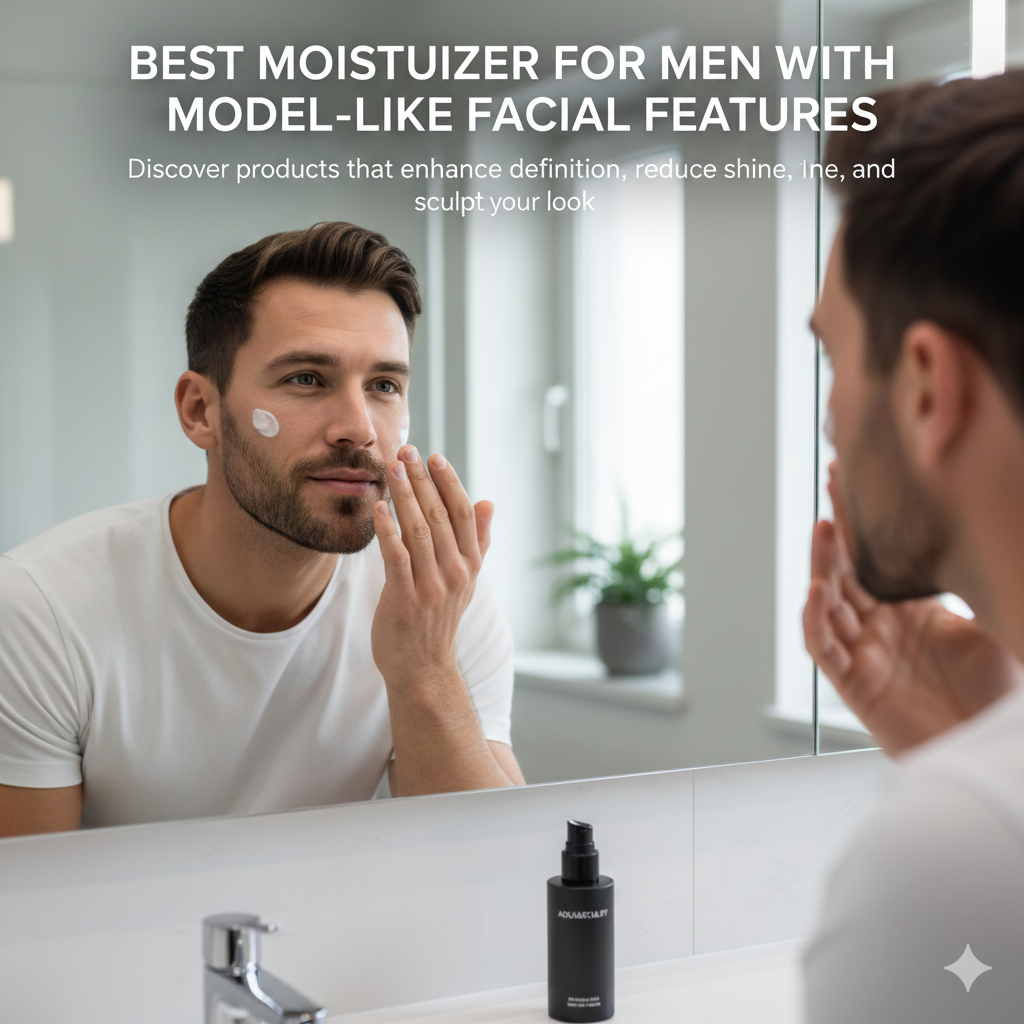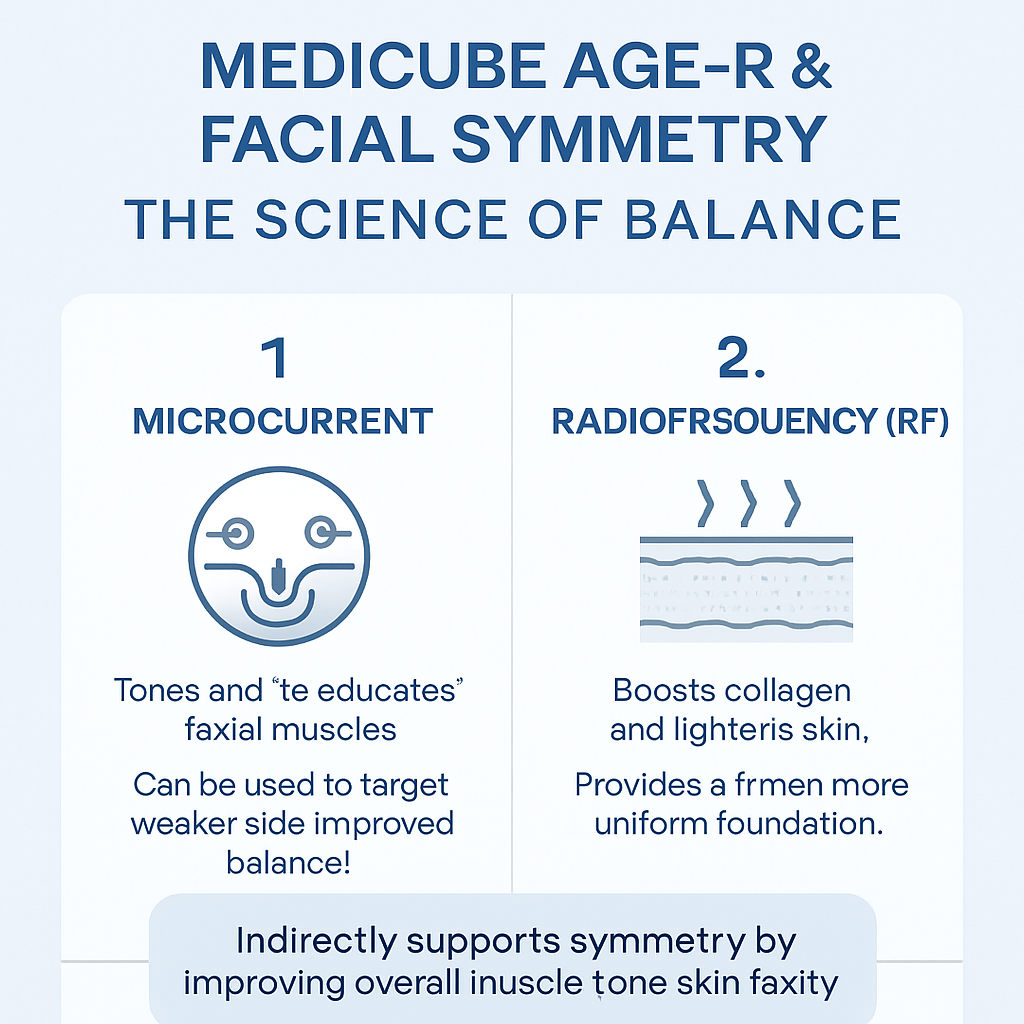When it comes to evaluating our physical appearance, facial features play a significant role. Each individual possesses a unique combination of facial characteristics that contribute to their overall attractiveness. However, in recent years, a new term has emerged in the realm of beauty and aesthetics – “mogging.” In this article, we will delve into what mogging is and how it can affect one’s facial appearance.
What is Mogging?
Mogging, short for “male model-looking,” is a concept that originated within online communities and discussions surrounding attractiveness and facial aesthetics. It refers to the process of comparing oneself to an idealized standard of male beauty, often represented by male models or celebrities. In essence, mogging involves assessing one’s own facial features in relation to these perceived ideals.
While mogging initially gained popularity among men, it is not limited to any specific gender. People of all genders can experience the phenomenon of comparing their facial appearance to societal beauty standards.
The Impact of Mogging on Facial Appearance
The effects of mogging on facial appearance are primarily psychological and can vary from person to person. Here are some ways in which mogging can influence how individuals perceive their own facial features:
Self-Esteem and Body Image
Mogging can significantly impact an individual’s self-esteem and body image. Constantly comparing oneself to an idealized standard of beauty can lead to feelings of inadequacy and dissatisfaction with one’s own facial features. This can result in a negative self-perception and a distorted view of one’s attractiveness.
Focus on Perceived Flaws
Engaging in mogging can cause individuals to hyper-focus on perceived flaws in their facial appearance. This heightened self-awareness can lead to a fixation on specific features that are deemed less attractive according to societal standards. For example, someone might become overly concerned about the shape of their nose or the symmetry of their face.
Body Dysmorphia
In some cases, mogging can contribute to the development or exacerbation of body dysmorphic disorder (BDD). BDD is a mental health condition characterized by an obsessive preoccupation with perceived flaws in one’s appearance. Individuals with BDD may engage in repetitive behaviors such as excessive grooming, seeking reassurance, or even undergoing unnecessary cosmetic procedures.
Impact on Mental Well-being
Mogging can have a significant impact on an individual’s mental well-being. Constantly comparing oneself to an unrealistic beauty standard can lead to feelings of anxiety, depression, and low self-worth. It can also create a sense of social isolation and hinder one’s ability to form meaningful relationships.
Coping with Mogging
While the effects of mogging can be challenging, there are strategies that individuals can employ to cope with its negative impact:
Developing a Healthy Perspective
It is essential to recognize that societal beauty standards are often unattainable and unrealistic. Embracing the uniqueness of one’s own facial features and understanding that beauty comes in diverse forms can help cultivate a healthier perspective.
Practicing Self-Compassion
Being kind to oneself and practicing self-compassion is crucial when dealing with the effects of mogging. Remind yourself that your worth is not solely determined by your facial appearance and that you possess many other qualities that make you unique and valuable.
Seeking Support
If mogging is significantly impacting your mental well-being, it may be helpful to seek support from a mental health professional. They can provide guidance and support in navigating the challenges associated with negative self-perception and body image.
In conclusion, mogging is a concept that involves comparing one’s facial appearance to an idealized standard of beauty. While it can have a profound impact on an individual’s self-esteem and body image, it is crucial to remember that beauty is subjective and diverse. Embracing one’s unique facial features and practicing self-compassion are essential steps towards cultivating a positive self-perception and overall well-being.




